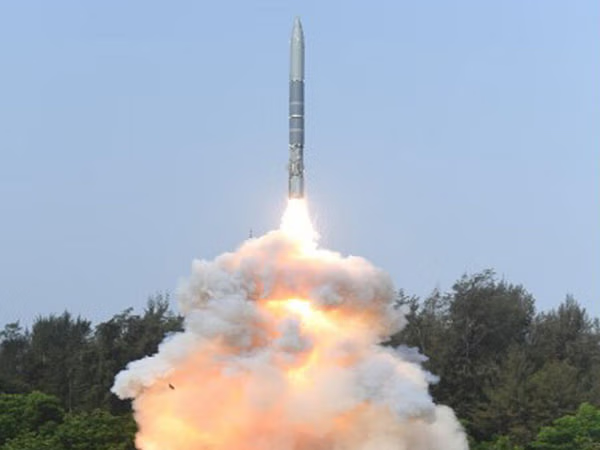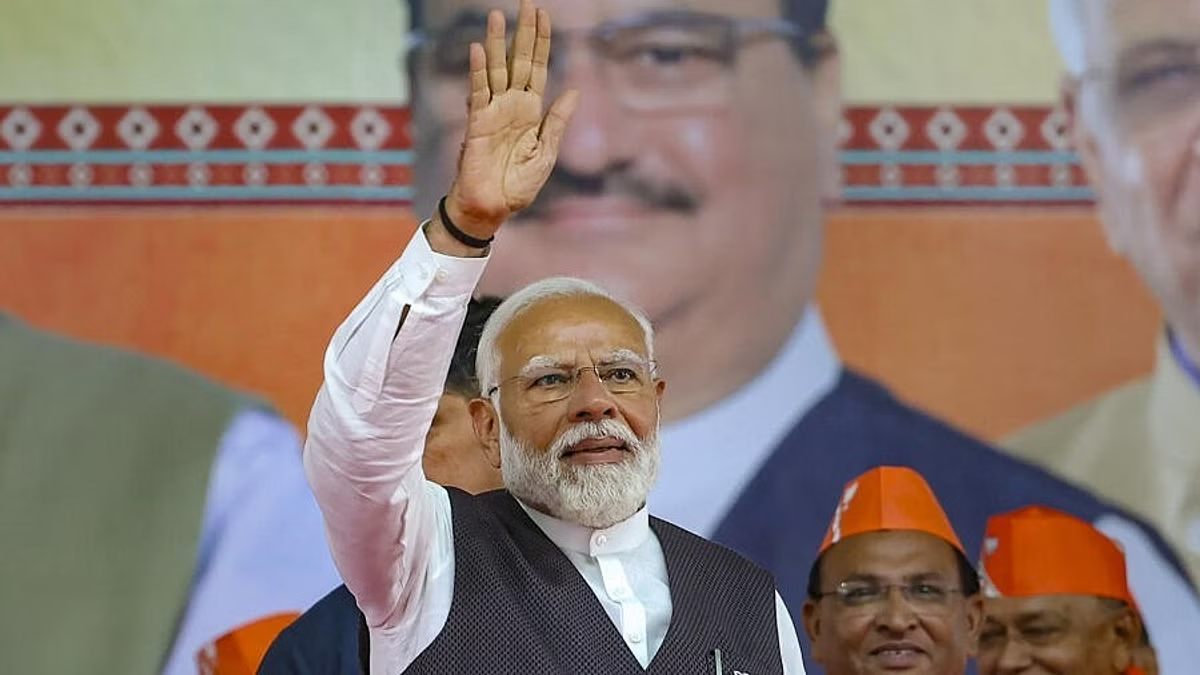Agencies
This is despite the fact that total FDI into India has fallen by 22 per cent from $58 billion in FY22 to $46 billion in FY23.
India's share gain of foreign direct investment (FDI) has been larger compared to competing countries in the region over the years, even though it has seen a fall in overall FDI in the financial year ended March 31, 2023 (FY23) over the previous financial year.
The trend is reflected in the data from Morgan Stanley based on its own estimation for Q1 2023 (and comparing it with data from UNCTAD, Haver and CEIC), which shows that India's share of global inflow FDI went up from 2.4 per cent in Q4 FY17 to 4.2 per cent in Q1 of FY23.
That represents a growth of 1.8 percentage points in FDI inflow share for India in this period.
As a result, India's share gain in this period has been higher than most of the countries in the region such as Vietnam (0.9 percentage points), Malaysia (0.9), Australia (0.9), Indonesia (0.8), Taiwan (0.7), South Korea (0.5), Philippines (0.2), Thailand (0.1) and China (-0.1 percentage points). Only Japan has a higher share of FDI share growth of 2.4 percentage points in the same period.
This is despite the fact that total FDI into India has fallen by 22 per cent from $58 billion in FY22 to $46 billion in FY23, according to the Reserve Bank of India.
Data from the United Nations Conference on Trade and Development (UNCTAD) shows that India's share of global FDI inflow has climbed from 2.4 per cent in calendar year 2017 to 3.8 per cent in 2022.
However, its total FDI inflows have fallen by 21 per cent in the same period.
The slowdown in total FDI inflows into India has been not only due to global factors, but also due to the substantial slowing down of VC funds investing in startups.
While startups had a dream valuation run thus far, with the pressure on them to become profitable and valuations being adjusted downwards, investments have also gone down substantially.
SoftBank, for instance, has not put any money in Indian startups this year. However, everyone agrees that this is a temporary phase of adjustment.
Moreover, a lot of investments that have been announced for building a global supply chain for electronics as well as investments in the capital-intensive semiconductor space have still not fructified on the ground.
For instance, Foxconn, which has hit revenues of $10 billion in India, has announced an investment of $2 billion in the country in areas such as components, electric vehicle assembly, and semiconductor plants.
The government is also looking at getting an investment of $4-5 billion in the semiconductor space.
According to UNCTAD, after a strong rebound in 2021, global FDI fell by 12 per cent in 2022 to $1.3 trillion, due mainly to overlapping global crises – the war in Ukraine, high food and energy prices, and soaring public debt.
However, the decline was felt mostly in developed economies, where FDI fell by 37 per cent to $378 billion.
Inflows to developing countries grew by 4 per cent, albeit unevenly, with a few large emerging countries attracting most of the investment, while inflows to the least developed countries declined.




